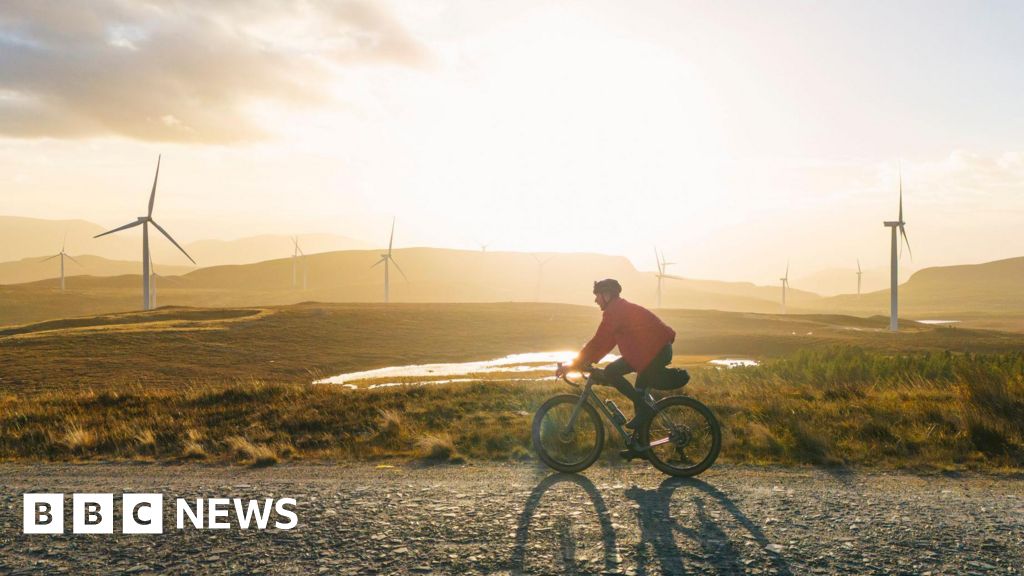Energy investment of £28bn approved by regulator Ofgem
Household energy bills will rise to help fund a £28bn investment in the UK’s energy network.
Most of the funding in energy regulator Ofgem’s five-year plan will go towards maintaining gas networks, but £10.3bn will be used to strengthen the electricity transmission network.
Households will see an additional £108 added to energy bills by 2031 under the plan.
But Ofgem said that what people would end up paying for energy will only rise by £30 a year, as the investment will help lower the reliance on imported gas and make wholesale energy cheaper.
Ofgem chief executive Jonathan Brearley said the investment “will keep Britain’s energy network among the safest, most secure and resilient in the world”.
“The investment will support the transition to new forms of energy and support new industrial customers to help drive economic growth and insulate us from volatile gas prices,” he said.
Speaking ahead of Ofgem’s announcement, Keith Anderson, the chief executive of Scottish Power told the BBC’s Today programme the investment would also remove constraints in the system, which means the company would not need to be paid to turn off its wind turbines.
“This will be the biggest wave of investment in our electricity infrastructure since it was built by our grandfathers back in the 1950s and it will give us a system that is fit for purpose for the country for the 21st century,” he said.
The five-year plan covers maintenance and expansion of the network and the move away from a reliance on volatile international gas prices.
Ofgem has described this as a defining moment for Britain’s energy system – striking a balance between investing for the future and how much that costs billpayers.
Companies that run energy networks – including power lines and cables – are separate from suppliers. They have monopolies in different parts of the country.
This plan sets the framework for how they deliver a safe and secure supply, and the cost controls they face for five years, from next year.
It also comes after a government pledge in the Budget to remove certain costs, the equivalent to about £150 from a typical annual bill.
